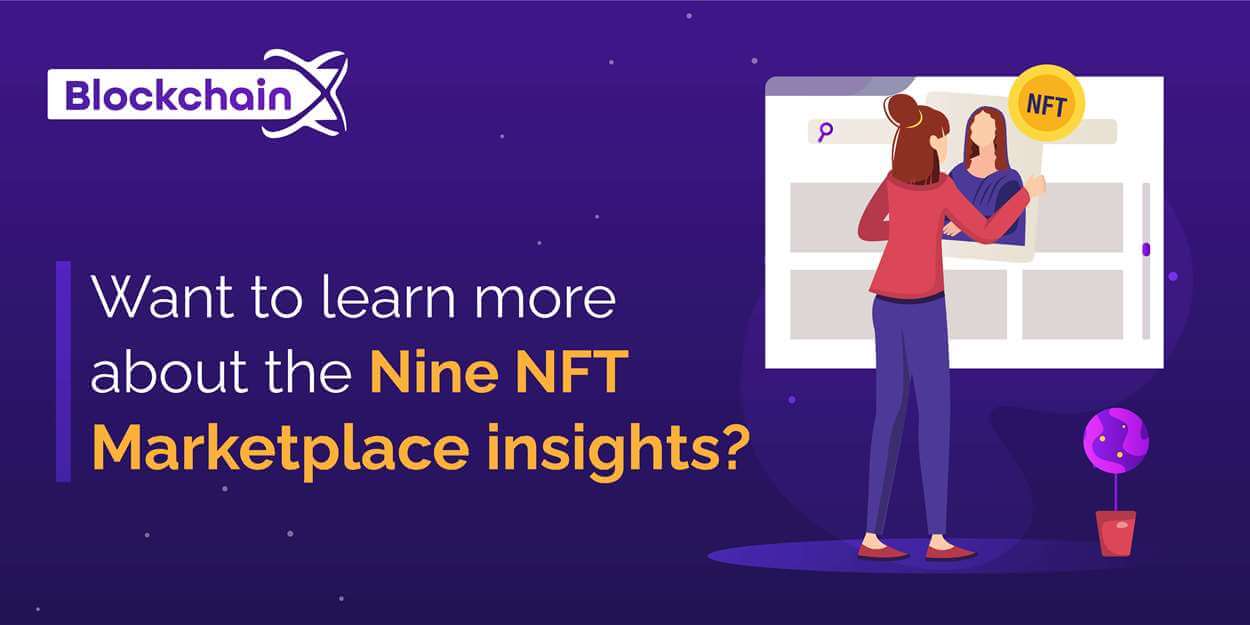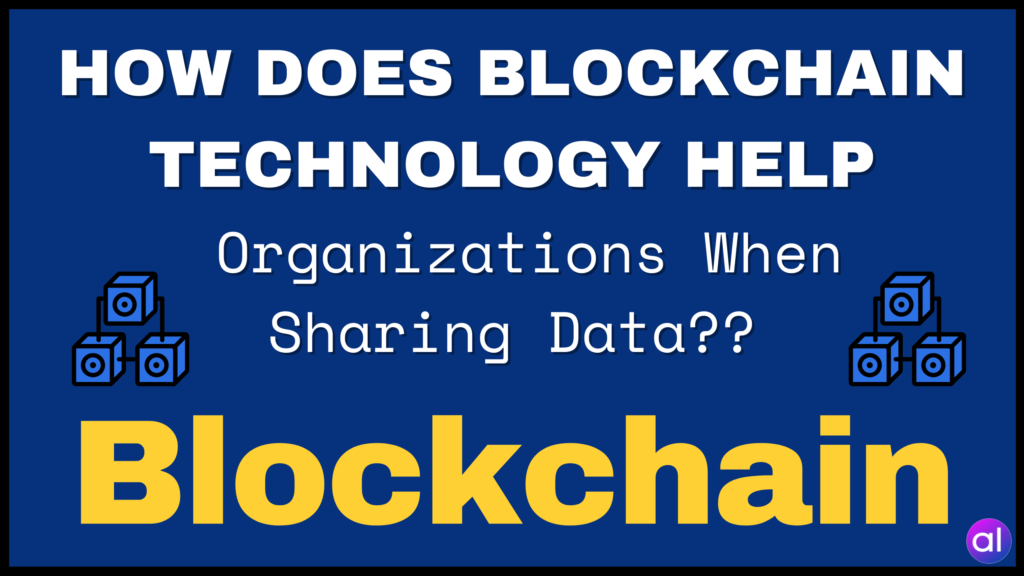
Are you considering starting an NFT marketplace? Partnering with an NFT marketplace development company can help you bring your vision to life. As the popularity of NFTs continues to rise, having a dedicated platform for non-fungible tokens is a strategic move. If you’re not familiar with the technical aspects of building a marketplace, hiring an experienced NFT development company is the way to go. These experts have the necessary tools, resources, and expertise to create a tailored marketplace for your NFTs. Here are some essential factors to consider before embarking on your NFT marketplace journey.
Understanding the NFT Marketplace and Its Operations
An NFT marketplace is a digital platform built on blockchain technology that enables users to store, showcase, and trade NFTs. With the increasing demand for NFTs, the need for NFT marketplace development services is on the rise. Key functionalities of an NFT marketplace include:
1. Sign up and Wallet Setup
Users, whether creators or collectors, need to register an account by providing necessary information. This step ensures compliance with KYC/AML regulations. Once registered, users can link their crypto storage app to their account.
2. Minting and Listing NFTs
Users have the option to tokenize or mint their virtual artworks and list them for sale as NFTs. They can provide detailed descriptions of their assets and specify accepted payment methods. Additionally, creators can choose between fixed prices or auction formats.
3. Selling Non-Fungible Tokens
On the platform, users can browse through available tokens and make purchases. Sellers can offer items at fixed prices or through auction mechanisms.
4. NFT Transfer
Upon agreement between the buyer and seller, the buyer completes the transaction by making the payment. Subsequently, the seller transfers the NFTs to the buyer’s wallet.
Key Considerations for NFT Marketplace Development
If you’re planning to launch an NFT marketplace, here are crucial factors to keep in mind:
1. Select a Specific Niche
The NFT market comprises various sub-niches. It’s essential to target a specific audience rather than trying to cater to everyone.
2. Determine the Blockchain Platform
Choose a blockchain network that aligns with your goals. Popular options include Ethereum, Polygon, TRON, and Solana.
3. Define Platform Features
Consider essential features like NFT storefront, filters, crypto storage, listing capabilities, payment methods, and auction functionality.
4. Maintain Decentralization and Monetization Strategies
Ensure decentralization in your platform architecture to build trust among users. Develop clear monetization strategies to generate revenue from your NFT marketplace.
Engage a Proficient NFT Marketplace Development Company
Building an NFT marketplace requires technical expertise. Therefore, it’s advisable to engage a reputable NFT development company. Consider the following before selecting a development partner:
1. Experience in NFT Marketplace Development
Look for a company with a proven track record in NFT development across various blockchain networks.
2. Marketplace Knowledge
The development team should have a deep understanding of NFT marketplace functionalities and features.
3. Availability
Ensure that the development company is available and committed to meeting project deadlines.
4. Budget
Consider the cost of developing an NFT marketplace based on your requirements and desired features.
5. Smart Contracts
Integrate smart contracts into your platform to streamline transactions and eliminate intermediaries.
6. UX Strategy
Focus on creating a user-friendly interface and seamless navigation for your NFT marketplace.
7. Prototyping
Create prototypes of your platform to test functionality and user experience before full development.
In conclusion, building an NFT marketplace involves careful planning and consideration of various factors. If you’re not well-versed in blockchain technology, partnering with an experienced NFT marketplace development company is crucial for success.



